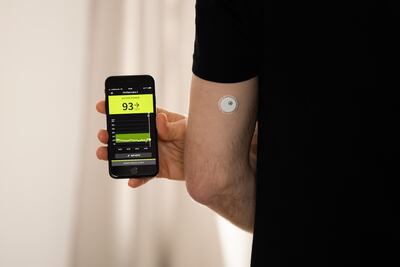The global market for products treating heart valve disease is forecast to grow from $4.8bn in 2016 to $8.1bn in 2021, at a compound annual growth rate (CAGR) of 10.9%. According to Meddevicetracker's "Heart Valve Repair And Replacement Market" report, sales of traditional devices used in open heart valve repair and replacement procedures accounted for about 41% of total product sales in 2016, as it gets overtaken by transcatheter technologies – a field currently dominated Edwards Lifesciences Corp., Medtronic PLC and St. Jude Medical Inc. /Abbott Laboratories Inc. – which held 59% of the total market.
By 2021, Meddevicetracker expects new technological advancements and continued expansion to a wider, younger patient population will significantly drive up...
Read the full article – start your free trial today!
Join thousands of industry professionals who rely on Medtech Insight for daily insights
- Start your 7-day free trial
- Explore trusted news, analysis, and insights
- Access comprehensive global coverage
- Enjoy instant access – no credit card required
Already a subscriber?






